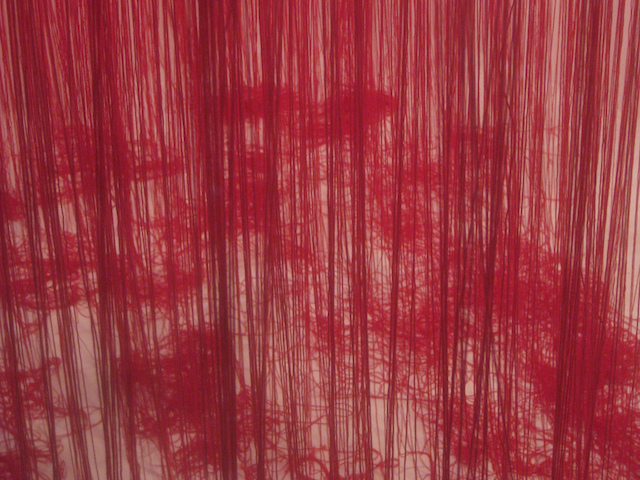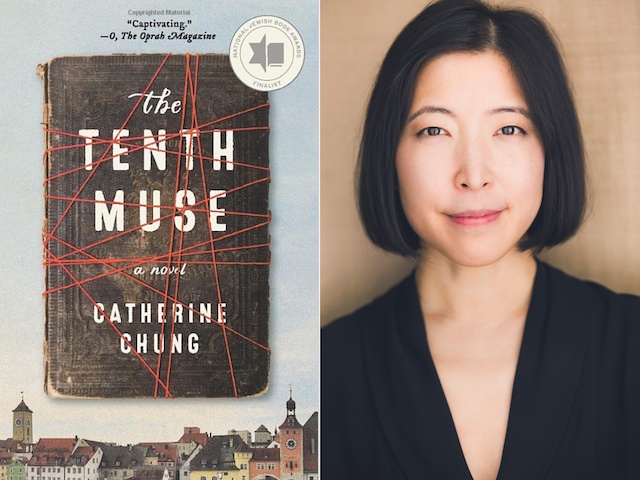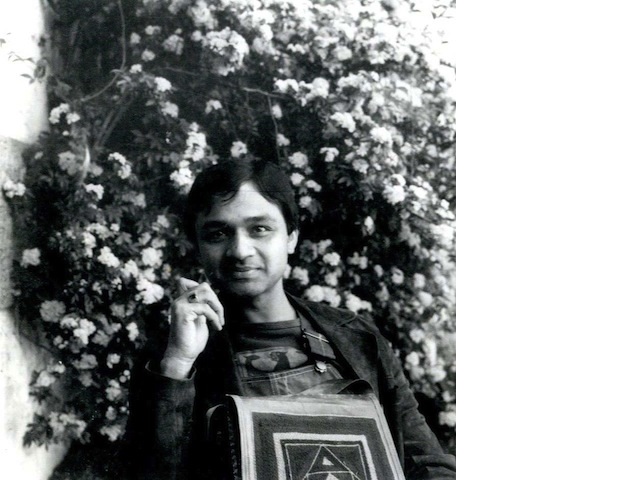‘A family as triangle. Drifting lines. This [mother- father-child] triangle will never be reassembled.’

October 18, 2016
The women laughed and wept; the crowd stamped their feet enthusiastically, for at that moment Quasimodo was really beautiful. He was handsome—this orphan, this foundling, this outcast.
—Victor Hugo, The Hunchback of Notre-Dame
Orphan. Conjuring, for some, images of dirty, ill-clothed children from the nineteenth century. Dickens. It is an old-fashioned word. Technically most Korean adoptees are not orphans—in most cases we did not become “available for adoption” due to parental death.
In Microsoft Word, “adoptees” is underlined in little red Vs that look like the stitching that ran across some of our dresses when we were younger. Red, forbidden, dangerous, bloody.
Word does not recognize the plural form of adoptee.
If you control-click on adoptees, the first word in the drop-down list is Help. Then comes adoptee, adopters, adopted, adopter. For some reason, Add is grayed out in our list and we cannot add adoptees to our dictionary. We can, however, Ignore All. Or AutoCorrect or click on Spelling . . . both of which bring us to the aforementioned list. When we typed refugees, amputees, tutees . . . they all remained unlined.
*
**
A poor mother who was from a poor country.
“Third World.”
We were told that the poverty was so severe when we were born that the government made it legal to abandon one’s child to an institution such as a hospital, police station, or social agency.
The story of our country’s struggles and our mothers’ misfortunes began and ended there for some of us: dusty rings around the planet-word orphan.
Orphan is a gorgeous word. Sublime. The first syllable or reminds me of gold ore, or simply the word or, which means the possibility of alternatives, the certainty that another choice is to follow the little word or. English has so many of these tiny words that mean so much—and, the, an, if, so . . .
The word orphan probably comes from the Latin orbus, which means bereaved. We love how when you want to indicate the word itself you italicize it. The word gets dressed up, leans into the wind, gets seemingly darker, moves forward, speeds itself to mean The Word and not the word.
When you type in the word adoptee into the Online Etymology Dictionary search, you get this: “No matching terms found.” But of course it’s from adoption, L. adoptare, “to choose for oneself.” Adoptee then implies that one has been chosen for someone else’s self.
Adoptee is a word that sounds unfinished.
The long double ee sound resonates against the hard palate inside the pink, ridged cave of the mouth, the tongue lying down, the tip touching the back of the bottom front teeth, the jaws slightly open, the lips apart. The skull vibrates for just a moment after the sound itself is gone.
It is a word that refers to a permanent exchange; it refers to the choice of the adopter; it defines the adoptee as an artifact, something created by will. Or force. Or chance. Or inevitability.
*
**
The Big Bang. Matter exploding and each particle drifting away from one another. A family as triangle. Drifting lines. This [mother- father-child] triangle will never be reassembled. All of these ghostly relationships.
“How can I heal if I can’t feel time?” ponders Leonard Shelby in the Christopher Nolan neo-noir film Memento. Shelby has anterograde amnesia, which means he is unable to make new memories and retain them. He remembers everything up to the concussion and traumatic event, or so he claims.
We are all time travelers. We travel at the speed of one hour every hour, one year every year. The light we see from the sun is eight minutes old. We are bathed in, we live from, energy coming to us from the past.
We need more than eight minutes to get back to our body before it was a body, when it was our origin. We think that if we keep trying to get closer and closer to those non-memories that we will go back in time and change the course of events.
But there’s nothing but blankness.
A kind of blackness that fades outward but has a sound. It has the sound of a wall, a thick wall, and we can hear muffled voices on the other side. They are so close, if only they knew we were here, in this room.
Excerpt reprinted by permission from Unbearable Splendor (Coffee House Press, 2016). Copyright © 2016 by Sun Yung Shin.



